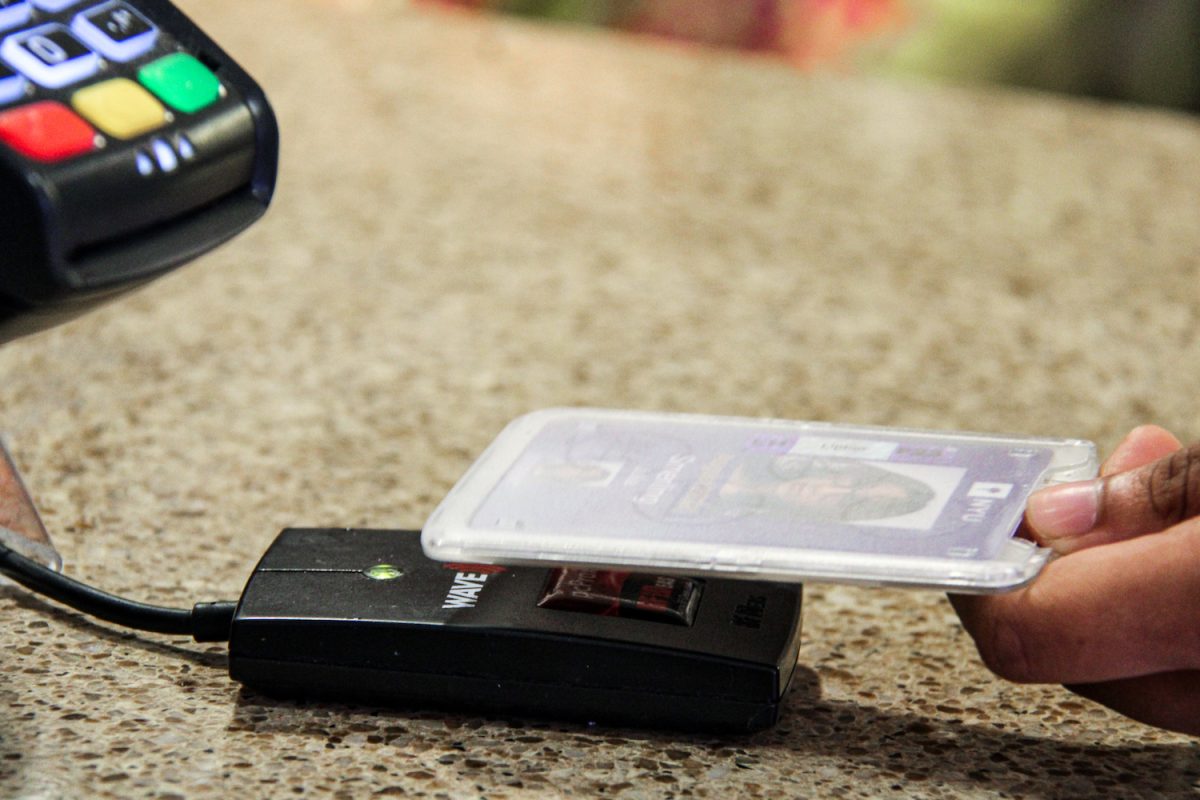The student government’s Swipe it Forward program is one of the few resources for food-insecure students on campus, allowing those with meal plans to donate extra meal swipes to fellow students who need them. The essential program is continuing this semester, but a number of new restrictions are making it unnecessarily difficult to access for the students who need it the most.
The program addresses a prominent need on campus — a total of 41% of student respondents in a 2019 Steinhardt School of Culture, Education, and Human Development study met criteria for food insecurity at NYU. With Manhattan being the most expensive place to live in the United States, going to college in New York City exacerbates any financial difficulties students may already have. Some students depend on Swipe it Forward week-to-week just to put food on their plates.
Despite the need for a program that comprehensively addresses food insecurity on campus, NYU has restricted students’ eligibility to use Swipe it Forward, and made it so that even eligible students can only use it once per week. However, a singular meal a week does not comport with the needs of food-insecure students, who face a daily — if not hourly — struggle.
The program becoming more exclusive is only the first of its problems. Swipe it Forward is already limited in its dining locations, with only 5 out of the more than 15 dining locations on campus offering the free meals. When you also take into account the fact that students can only use one swipe a week, a program that was already not enough becomes even more inadequate.
“Swipe it Forward is not a replacement meal program,” said Ryan Carney, the Student Government Assembly Chair. “Our goal is that it can provide temporary relief in tandem with our advocacy to make NYU a better place for food-insecure students through more long-term support initiatives.”
The program’s one-swipe-a-week limit goes against all it stands for. One size does not fit all when it comes to food insecurity. Students struggle with money to varied degrees, and for many, one meal swipe each week will not even begin to help their situation. The program should allow students to choose how many meal swipes they need to satisfy their basic nutritional needs, rather than set an arbitrary limit.
Swipe it Forward is made possible by the generosity of other students who have unused meal swipes. The university limits donations to 10 swipes a day, forcing students to calculate what they can afford to donate throughout the semester, rather than allowing them to donate whatever they have left over later in the year. Although most of the NYU community knows how to use the program and will actively donate swipes, many don’t — especially first-years who are still struggling to learn how to use their meal plans.
The university did not reply to a request for comment when asked why the program has been limited.
The Swipe it Forward program is a well-intentioned attempt to combat food insecurity on campus, but it falls far too short of what is needed. Students need regular, guaranteed access to nutritious meals. No student should ever have to choose between their education and their next meal, and they certainly shouldn’t have to choose which day of the week they get to eat.
WSN’s Opinion section strives to publish ideas worth discussing. The views presented in the Opinion section are solely the views of the writer.
Contact Molly Koch at [email protected].


























































































































































